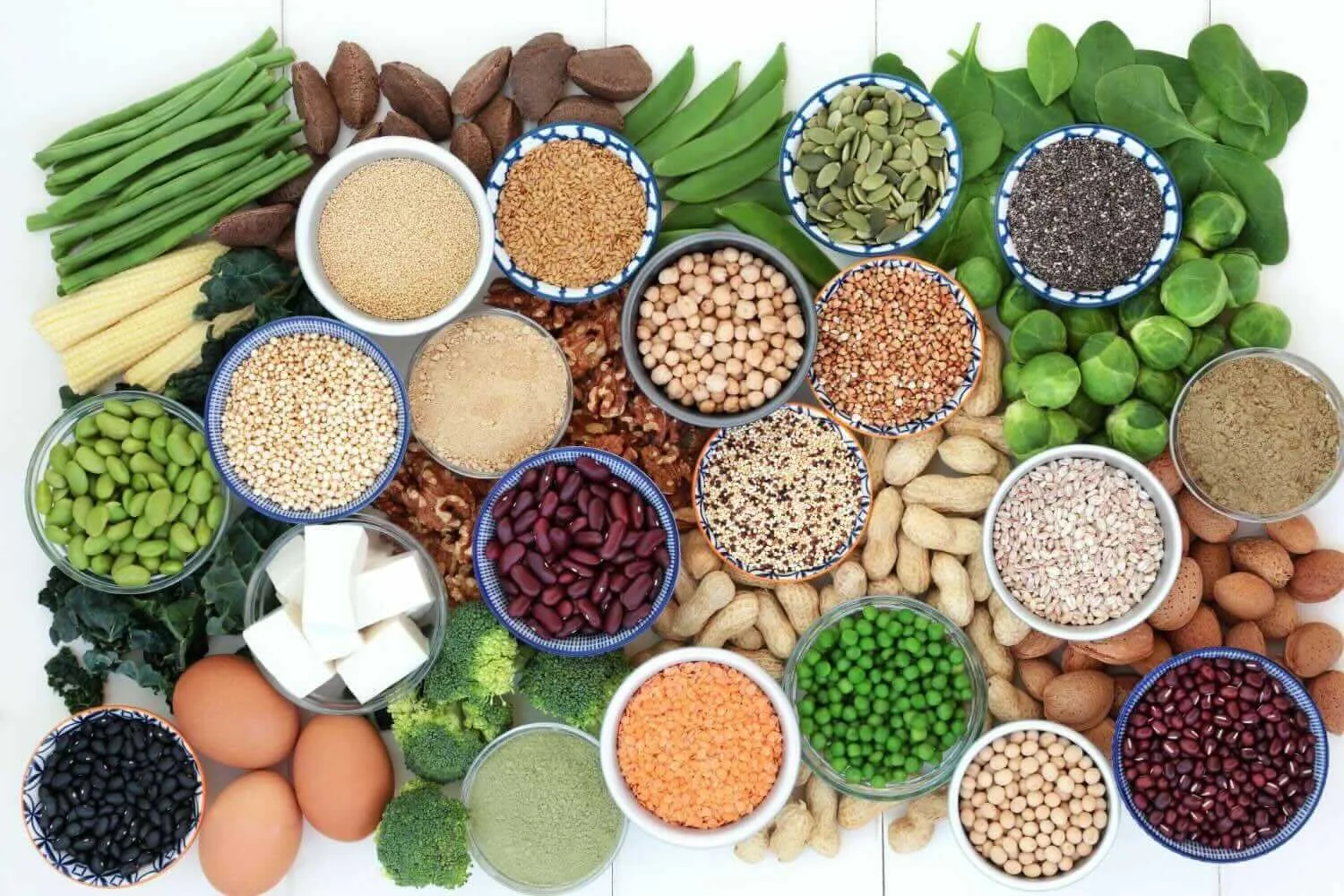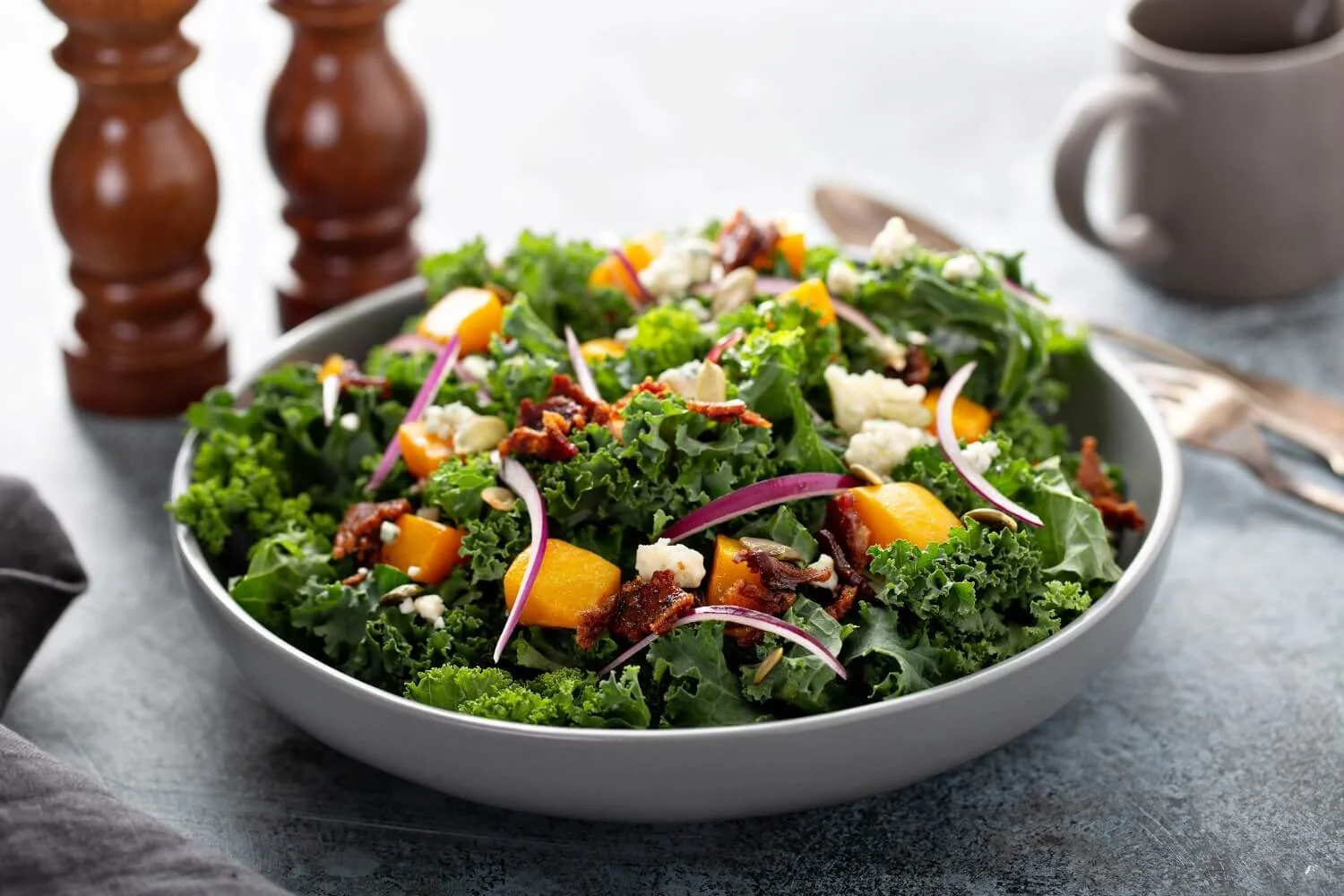Quality Protein for Heart Health: Why Amino Acids Matter Most
Discover how amino acids fuel muscle repair, protect cardiovascular health, and elevate performance — especially from plant-based sources.
A hard workout creates tiny tears in muscle fibers. To repair this damage and rebuild stronger tissue, your body needs amino acids — the building blocks of every protein in your body. During intense training, these amino acids support both muscle recovery and cardiovascular function.
How the Body Really Uses Protein
Many people assume the body absorbs and uses protein directly from food. Not quite. Here's what actually happens:
Digestive enzymes break dietary proteins into individual amino acids and small chains called peptides. These enter the bloodstream, where your cells use them to build the specific proteins your body needs.
Inside your cells, ribosomes (guided by RNA) assemble amino acids in precise sequences. Your genetic code determines the order — meaning the proteins you build are uniquely yours.
To illustrate the complexity: myosin, a key muscle-contraction protein, contains roughly 2,000 amino acids linked in a specific sequence. The body builds its vast library of proteins from just 20 standard amino acids. The better your access to amino acids through diet, the more efficiently you can repair and build tissue.
Athlete building lean muscle supported by amino acids, quality protein sources, and cardiovascular-friendly nutrition.
Essential Amino Acids
Of the 20 amino acids your body uses, 9 are essential, meaning they must come from food:
Histidine
Isoleucine
Leucine
Lysine
Methionine
Phenylalanine
Threonine
Tryptophan
Valine
Without adequate intake of these essentials, protein synthesis — and therefore tissue repair — is impaired.
Why Plant Protein Works
All dietary proteins — whether from plants or animals — must be broken down into amino acids before your body can use them. What matters most is getting enough of the essential amino acids.
Plant foods absolutely provide them. When you eat a variety of plant foods, you easily cover all essential amino acids.
Many plant sources contain all nine essential amino acids, and a plant-rich diet also delivers:
Fiber
Antioxidants
Heart-protective phytochemicals
For example, a mixed green salad with sunflower seeds supplies nearly every amino acid your body needs. Sunflower seeds alone contain all essential amino acids and are about 20–25% protein by weight.
Choosing diverse plant foods ensures high-quality protein for cardiovascular health and efficient muscle repair.
Leafy greens and sunflower seeds provide essential amino acids and heart-healthy plant protein.
How Much Protein Do We Really Need?
Research from the American Heart Association (AHA) suggests most adults need around 50–60 grams of protein per day.
The World Health Organization (WHO) recommends about 0.8 grams per kilogram of body weight — roughly 54–60 grams for a 150-pound person.
Yet many Americans consume 100–200 grams daily, and some athletes consume more.
Excessive protein intake — especially when it displaces other nutrients — can raise risks for:
Gout
Kidney strain
Cardiovascular burden
Mineral and nutrient imbalance
The takeaway: More isn’t better.
Most people thrive when about 10–20% of calories come from protein — though active individuals may require slightly more.
Plant-Based Protein Sources
It’s easier than many think to meet protein needs with plant foods. For example:
Plant-Based Protein Sources
| Food | Serving | Protein |
|---|---|---|
| Lentils | 1 cup | 18 g |
| Black beans | 1 cup | 15 g |
| Baked beans | 1 cup | 12 g |
| Cashews | ½ cup | 10 g |
| Peanut butter | 2 tsp | 8 g |
| Whole-wheat bread | 2 slices | 5 g |
| Spinach | 1 cup | 5 g |
| Brown rice | 1 cup | 5 g |
| Broccoli | 1 cup | 4 g |
Many of these foods are complete protein sources, and they also supply fiber, micronutrients, and heart-protective compounds.
Bottom Line
Beans, nuts, whole grains, and leafy greens are powerful sources of high-quality protein. A meal that combines these — such as beans + whole grains + greens — provides all the amino acids needed to build and maintain strong muscle and support heart health.
The science is clear: focusing on amino acid quality and dietary variety, rather than sheer protein quantity, supports strength, longevity, and cardiovascular wellness.
When it comes to protein, think balance, variety, and quality — not excess.
FAQ: Quality Protein & Heart Health
Q: Why do amino acids matter more than total protein amount?
A: The body builds its own proteins from amino acids, not whole dietary protein. Ensuring adequate essential amino acids supports muscle repair, immune function, and cardiovascular health — while avoiding the potential downsides of excessive protein intake.
Q: Can I build muscle on plant-based protein?
A: Yes. Plant foods can supply all essential amino acids needed for muscle growth and recovery when you eat a varied diet. Beans, nuts, seeds, soy, grains, and leafy greens effectively support strength and heart health.
Q: How much protein do I really need per day?
A: Most healthy adults need around 0.8 g per kg of body weight per day — about 50–60 grams for many people, depending on size and activity level. Eating significantly more protein does not increase muscle growth and may increase metabolic burden for some individuals.
Q: What foods are high in high-quality plant protein?
A: Lentils, beans, sunflower seeds, almonds, cashews, quinoa, whole grains, leafy greens, and soy foods provide essential amino acids, along with fiber, minerals, and heart-protective phytochemicals.
Q: Are high-protein diets bad for heart health?
A: Extremely high protein intake — especially from processed or red meats — may increase uric acid in some individuals and put strain on kidney and cardiovascular systems. Focusing on balanced protein intake and whole-food plant sources supports both muscle repair and long-term heart health.
Further Reading:
Learn more about daily protein requirements and optimal intake strategies in our in-depth guide. How Much Protein Do You Need Daily?



